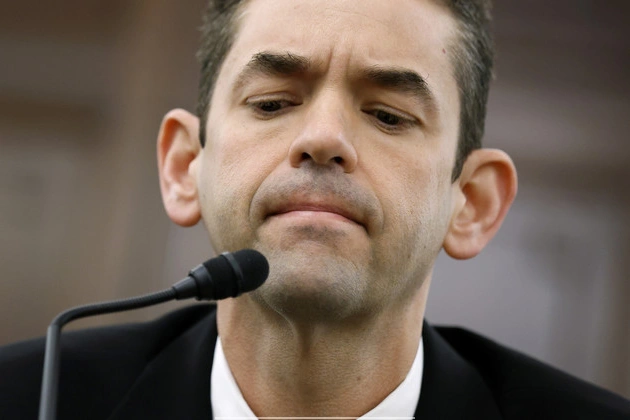
White House Reversal: Impact on NASA Leadership
The White House has announced its plan to withdraw the nomination of Jared Isaacman as the administrator of NASA, a decision that has sent shockwaves through the space agency.
This unexpected development comes just days before the Senate was scheduled to vote on Isaacman’s nomination to lead NASA, leaving many in the industry puzzled about the sudden change of course.
Isaacman: A Commercial Astronaut and Billionaire CEO
Jared Isaacman, known for his dual roles as a commercial astronaut and the CEO of Shift4 Payments, has been a prominent figure in the aerospace community. His close ties with Elon Musk, the founder of SpaceX, have been under scrutiny in recent months.
Elon Musk’s departure from his advisory role in the Trump administration has further fueled speculation about the decision to withdraw Isaacman’s nomination.
Uncertainty Surrounding White House Decision
Despite the White House’s confirmation of the nomination withdrawal, the reasons behind this move remain unclear. Speculation is rife about the potential factors that led to this decision, with many pointing to political considerations and internal dynamics within the administration.
Senate Democrats’ Criticism and Previous Controversies
Senate Democrats have been vocal in their criticism of Jared Isaacman’s connections to Elon Musk and SpaceX, given the latter’s significant contracts with NASA. The Wall Street Journal’s report on Musk’s personal endorsement of Isaacman for the NASA role had raised eyebrows during the confirmation process.
Isaacman’s confirmation hearing last month saw intense scrutiny of his ties to Musk and the implications for NASA’s independence and decision-making processes.
Looking Ahead: Implications for NASA’s Future
The withdrawal of Jared Isaacman’s nomination raises questions about the future leadership of NASA and the agency’s strategic direction. Industry experts and stakeholders are eager to see how this decision will impact NASA’s collaborations with commercial space entities and its technological advancements.
As the space agency navigates this leadership transition, the broader implications for space exploration and scientific innovation remain uncertain.











